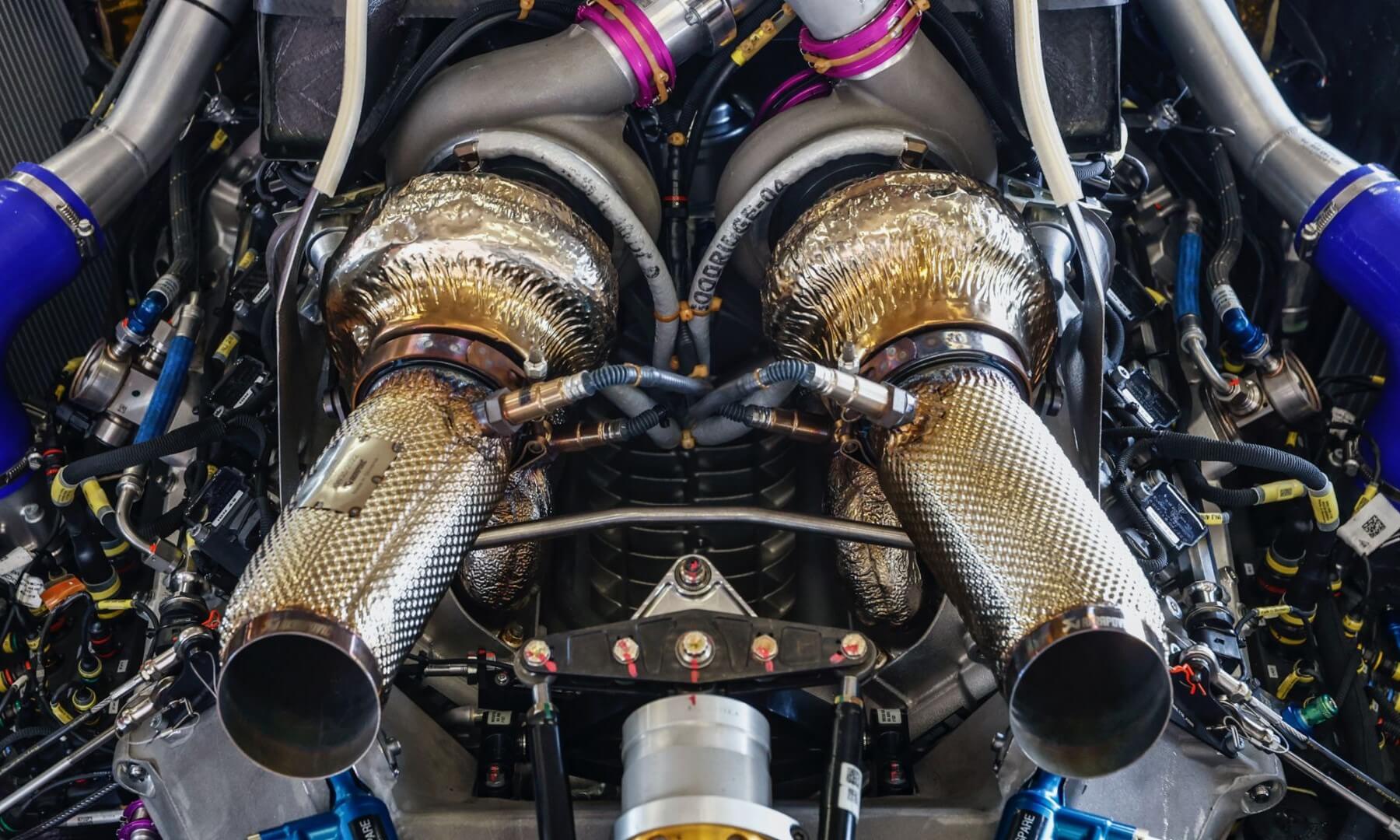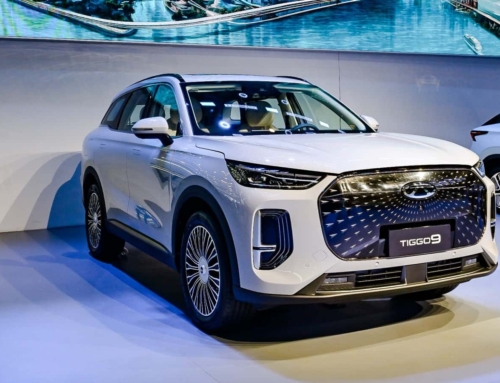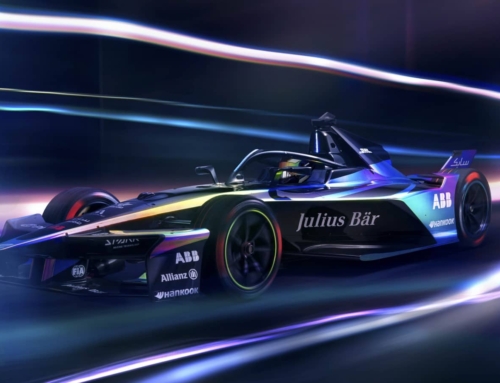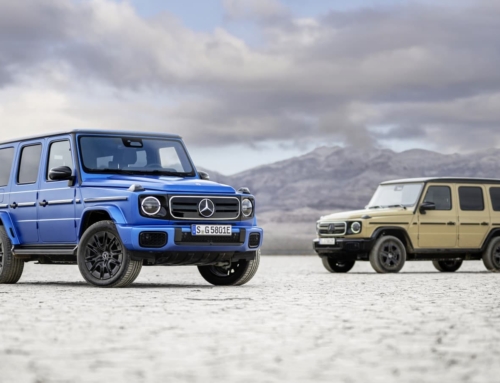We knew it was coming, it was only a matter of time. This week the announcement was made that the EU bans ICE cars from 2035. Well, the ban is enforced on the sale of new cars, so there will still be, presumably a large percentage of ICE cars on European roads for some time yet.
Follow Double Apex on Instagram and Facebook where we share more car content.
In the Works
The announcement came earlier this week but it isn’t really news to those who have been following closely. The EU made the decision late last year but the law was still under discussion between the leading role players.
The new rules require that by 2035 carmakers must achieve a 100 per cent cut in CO2 emissions, which effectively rules out the sale of ICE-equipped cars. This ban will follow a 55 per cent cut in CO2 emissions for new cars sold from 2030. Commercial vehicles aren’t going to escape the new laws. New vans must comply with a 100 per cent CO2 reduction by 2035, and a 50 per cent cut by 2030.
Oh and if you are wondering why this is the case? The European Union’s aim is to speed up the switch to electric vehicles with the intent of combating climate change. The car CO2 law is part of a broader package of tougher EU climate policies, designed to deliver the bloc’s targets to slash greenhouse gas emissions this decade.
Jan Huitema, the EU Parliament’s lead negotiator for the law, said: “This regulation encourages the production of zero- and low-emission vehicles. It contains an ambitious revision of the targets for 2030 and a zero-emission target for 2035, which is crucial to reach climate-neutrality by 2050. These targets create clarity for the car industry and stimulate innovation and investments for car manufacturers.”
Click here to check out our electric vehicle section.
Changing Over
Several leading automakers have already started the shift towards pure EV production. Notable among these is VW, which was plagued by the ‘Dieselgate’ scandal a few years ago. Ford plans for its European line-up to be all-electric by 2030. French brands Renault and Peugeot have set the same target date.
While the law targets large-scale fleets, there are some brands that will escape, for now anyway. Any manufacturer producing fewer than 1 000 new vehicles annually will be exempt for the foreseeable future. This means that companies such as Koenigsegg, Pagani and Zenvo, et al can continue to operate freely. That’s good news… if you are fortunate enough to be shopping at this end of the market.
Local is… maybe lekker?
But where does this leave South Africa? A few premium brands have already started to offer EVs in the local market: Audi, BMW and Mercedes-Benz among them. These are, undoubtedly, the first of many.
However, we are classified as Third World. We can’t imagine that the majority of automakers are going to turn their backs on the profit-making opportunities that present themselves in lesser-developed parts of the world. The EU’s 27 member states are but a small part of the larger picture. While we do source many of our products from the Continent, perhaps this will change in the not too distant future.






Leave A Comment